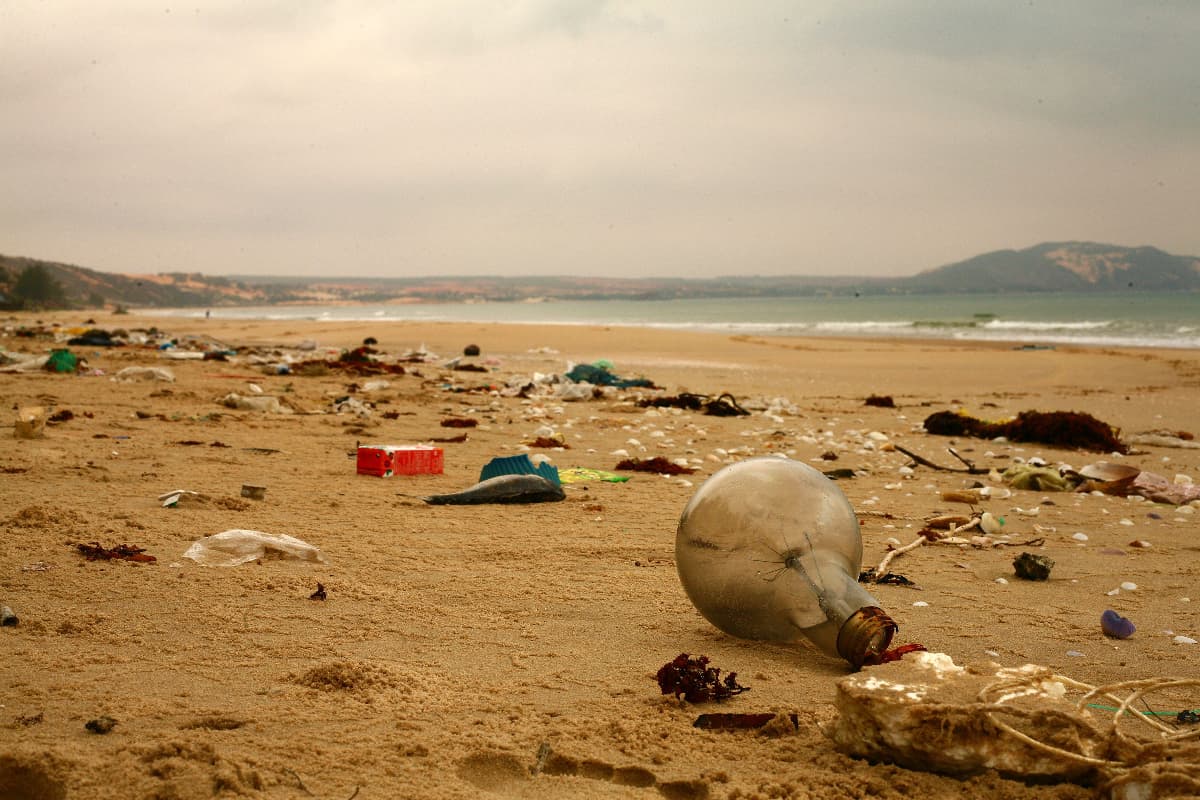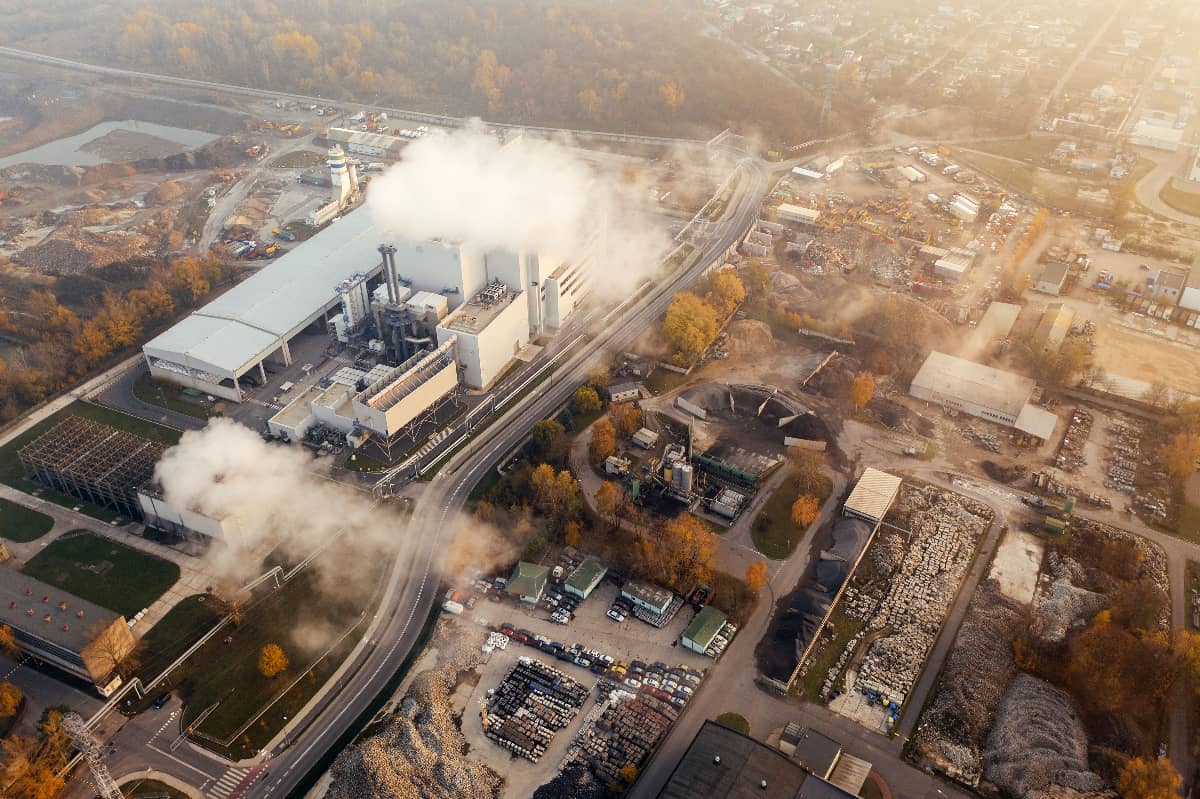The global environmental crisis is approaching irreversible levels
Latin America is experiencing the most accelerated deterioration. In Mexico, 25 percent of watersheds are overexploited. Get to know more.

In global terms, we are experiencing an environmental crisis generated by the impacts of economic activities and how we consume, which makes climate change increasingly evident with prolonged droughts and changes in rainfall patterns.
The increase in temperature causes species of microorganisms that used to live in more tropical areas to move to other latitudes and has favored the emergence of new diseases linked to deforestation, consumption of wildlife, and loss of biodiversity. "We are reaching irreversible levels in these issues," warns the University Coordinator for Sustainability, Leticia Merino Perez.
On the occasion of World Environment Day -which is commemorated on June 5- the expert calls to protect the planet because she explains that the alteration of the nitrogen and phosphorus cycles, which generate dead ocean areas, is also worrying. Added to this is the serious problem of sargassum, ocean acidification, and the accumulation of plastics that form islands the size of Australia.
The specialist in natural resources of the common and public property indicates that Latin America is the region with the greatest biodiversity in the world, but registers the most accelerated environmental deterioration. "It has the highest global deforestation rates, and although it also has the largest hydrological basin on the planet, the Amazon, which holds 20 percent of the world's freshwater, it is rapidly becoming polluted".
Mexico is also experiencing accelerated deforestation associated with the cultivation of products such as avocados, as well as the disappearance of mangroves due to the growth of tourist areas. It is estimated that 25 percent of its watersheds are overexploited and/or contaminated by the expansion of agribusiness, cities, and mining, in addition to the fact that 40 percent of temperate forests are subject to mining concessions.
Likewise, the area with vegetation without alteration or degradation in Mexico decreased by 9.4 percent from 1985 to 2014, going from one million 543.5 square kilometers to one million 398.3 square kilometers, according to the National Institute of Statistics and Geography.
In addition, there are close to five thousand untreated municipal wastewater discharge points, half of which are located in rivers and streams, and only 12.1 percent of urban solid waste is separated and sorted from homes, according to the agency.
Actions at different levels
Merino Pérez points out that this crisis has different dimensions and demands different actions. On a personal level, it is necessary to change habits: avoid single-use plastics, minimize energy consumption, use public transportation more, walk, ride a bicycle, rationalize water use and try to consume local and sustainable products.
In the community space, it is possible to promote alternative markets, demand sustainable practices from local authorities, take care of green areas and demand different public policies on energy, forestry, water, and, in general, environmental issues.
"On the issue of water, for example, agro-industrial use is privileged over human consumption. There is also a citizens' initiative on water that has been in Congress for almost two years, without progress," says the expert on collective actions, social capital, and natural resource management practices by rural communities.

Sustainable Mexico's National University
The National University has an Integral Plan for Sustainability through which it seeks to make its substantive activities: teaching, research, dissemination of culture, and management of its campuses sustainable, informed Merino Perez. Goals have been set and pilot plans have been initiated to reduce energy and water consumption, expand Zero Waste programs and promote mobility by bicycle, among others.
To reduce energy use, we intend to install meters at the National School of Social Work (ENTS), the Faculty of Political and Social Sciences (FCPyS), and the Institute of Geophysics to know the consumption in each entity, locate leaks, and promote strategies for efficient use. In the second half of 2023, it is planned to install LED light bulbs. In the area of water, there are plans to install water meters and drinking fountains to reduce the consumption of disposable plastic bottles by 40 percent.
Regarding solid waste management, the experience of the Zero Garbage Program at the Cuernavaca campus is being studied to replicate it at the various UNAM campuses. A manual of good practices in administrative and administrative tasks is also being prepared. For example, it is proposed to reduce the use of chemicals for cleaning and opt for other products such as vinegar.
With the Engineering Institute, the Pumabús routes are being reviewed and an application is expected to be launched to improve mobility in University City. "For example, it would indicate when the next Pumabús will pass and how long it would take to walk to a certain place, how much by bicycle and how much by bus".
Similarly, a single lane is being studied for cars in the southern area of CU, to encourage the use of bicycles. "The General Directorate of Mobility received the donation of 1,500 bicycles and we want to have more people riding bicycles in this area. We need the support of the community and UNAM Surveillance to make this area even safer."
As a community, we must change our practices, because we have a responsibility to our immediate environment. We also need to disseminate environmental knowledge, to be a driving force so that sustainability goes beyond the campus limits, emphasizes Merino Perez.




